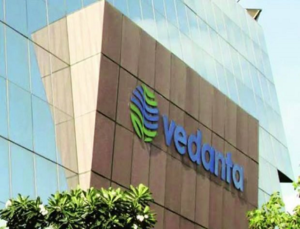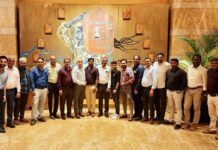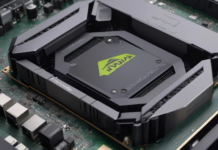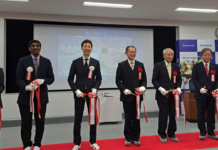
The Indian Government is investing in various different sectors to make India a core manufacturing hub for global markets and encouraging private companies to set up manufacturing units in India. Recently to boost Semiconductor manufacturing in India, on Wednesday, December 15, the government announced to invest 76,000 crore as per the PLI scheme which will happen in a phased manner over the next 5 to 6 years. The government plans to build the framework for semiconductors production and expects that in the next two-three years India will start producing semiconductors on its own.
Just two weeks after this announcement, the industry giant Vedanta Group led by billionaire Anil Agarwal announced to invest up to Rs 60,000 crore for Semiconductor chips and glass manufacturing ecosystem over the next three years in India. The company has planned to form a joint venture and equity partnerships with the fabrication makers globally. It is also establishing contacts with world’s big companies associated with semiconductor industry to develop this technology in India.
This is second time that Vedanta is promoting the manufacturing of semiconductor and bringing in semiconductor investments in India. Earlier in the year 2017, the company has already laid the framework for this project, when Vedanta Group acquired the stakes of a Japanese glass substrate manufacturer, AvanStrate from the Carlyle Group. AvanStrate is the manufacturer of necessary glass substrates for manufacturing of the semiconductor.
The Managing Director of AvanStrate, Akarsh Hebbar said, “We are in the final stages of talks with various state governments to set up a factory, which would require (land) between 250 acres to 400 acres. The total investment in the project will be in two phases, first $6 billion (Rs 45,000 crore) and then $8 billion (Rs 60,000 crore), after which we will further evaluate the market for expansion.”
Vedanta is currently in discussions with governments in Maharashtra, Tamil Nadu, Karnataka, Telangana, Haryana and Gujarat and believes that it could forge joint partnership with state governments and hoping for government assistance to get an additional 10-15% capital investment support from the state, apart from the central government’s subsidy. The company is also in talks with major global companies like Taiwanese Semiconductor Manufacturing Company (TSMC), United Microelectronics Corp and Foxconn, Japanese Sharp and Korean companies like LG and Samsung. This would result in combined equity investments through a joint venture and also technology partnerships between the companies.
Before Vedanta many other companies have also been in talks with the government regarding the semiconductor facility in India. Tata Group has already been in discussion with government of these states to set up an OSAT plant. Hebbar mentioned that apart from an LCD module plant, this investment would be for large facilities for fabrication chips and display glass. The investment for this project will be made in phases which will comprise a separate semiconductor facility and an Integrated Display Fab facility.
According to Hebbar, the company will invest $ 5-10 billion in the first phase and AvanStrate will start with outsourced semiconductor testing (OSAT) units and assembly, test, marking and packaging (ATMP) and subsequently build full-fledged fabs. The semiconductor plant will be built in two phases and the Integrated Display Fab facility will be built in four phases.
India has a huge consumption market for semiconductor-LED Industries but does not own any chip manufacturing ecosystem and only depends on costly imports. Fabrication ecosystem in India will be great opportunity and would give rise to an Indian semiconductor company. The glass and processor fabs will bring 50 percent of the value chain in India bringing electronic cluster into play and would attract whole industry giving growth to future investments and projects.



















